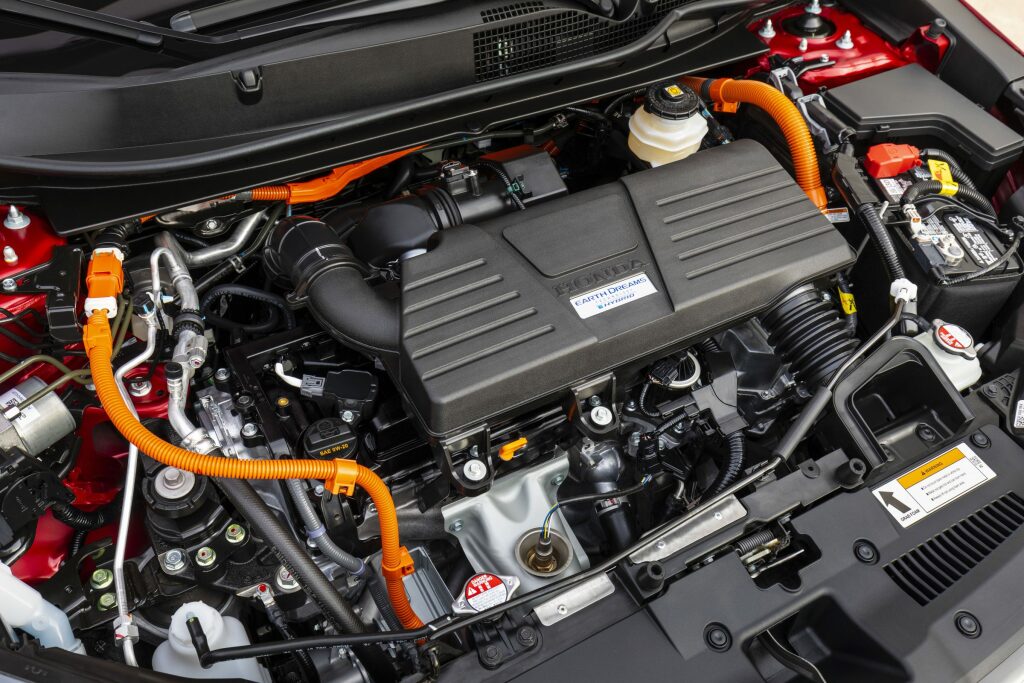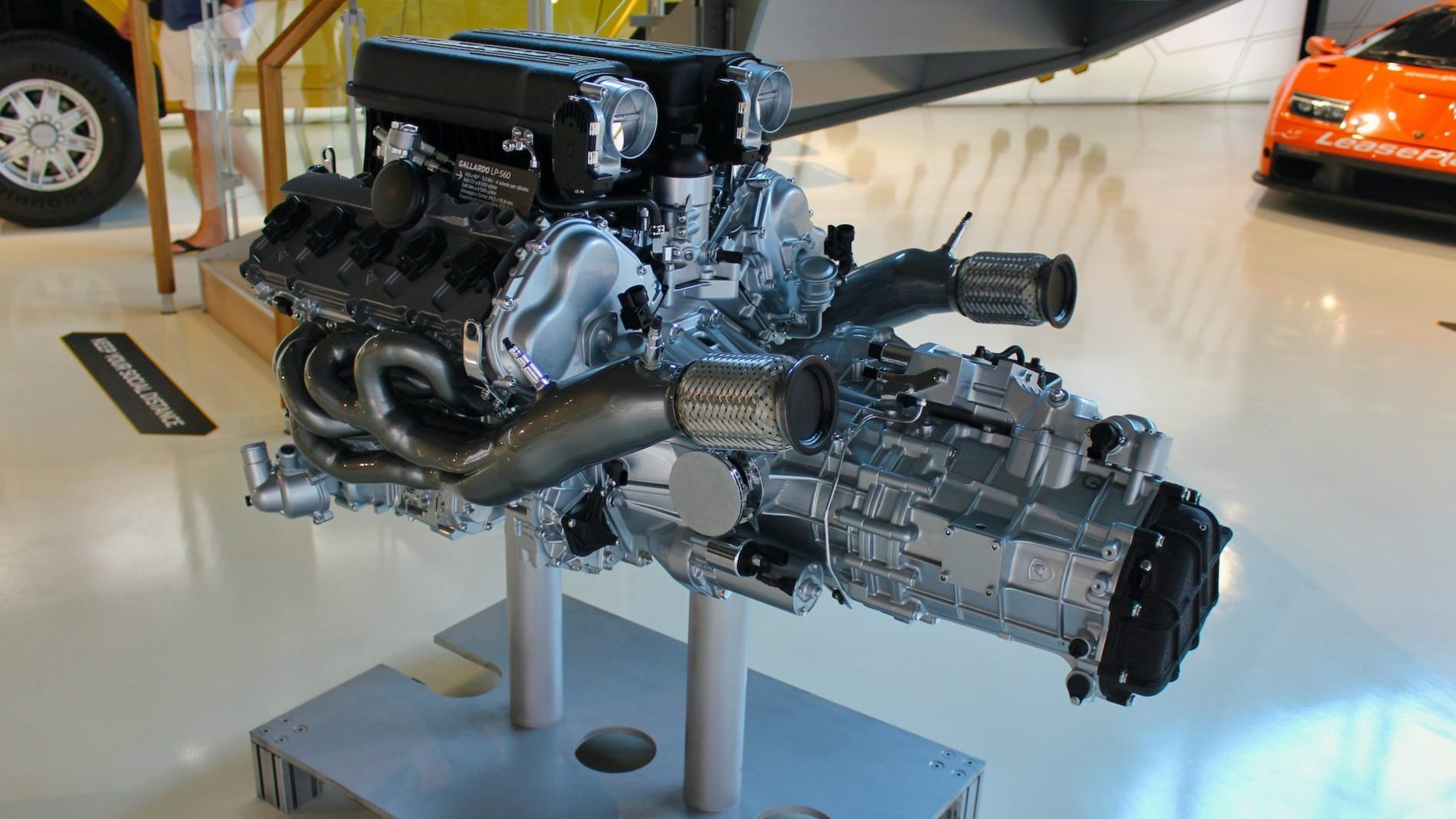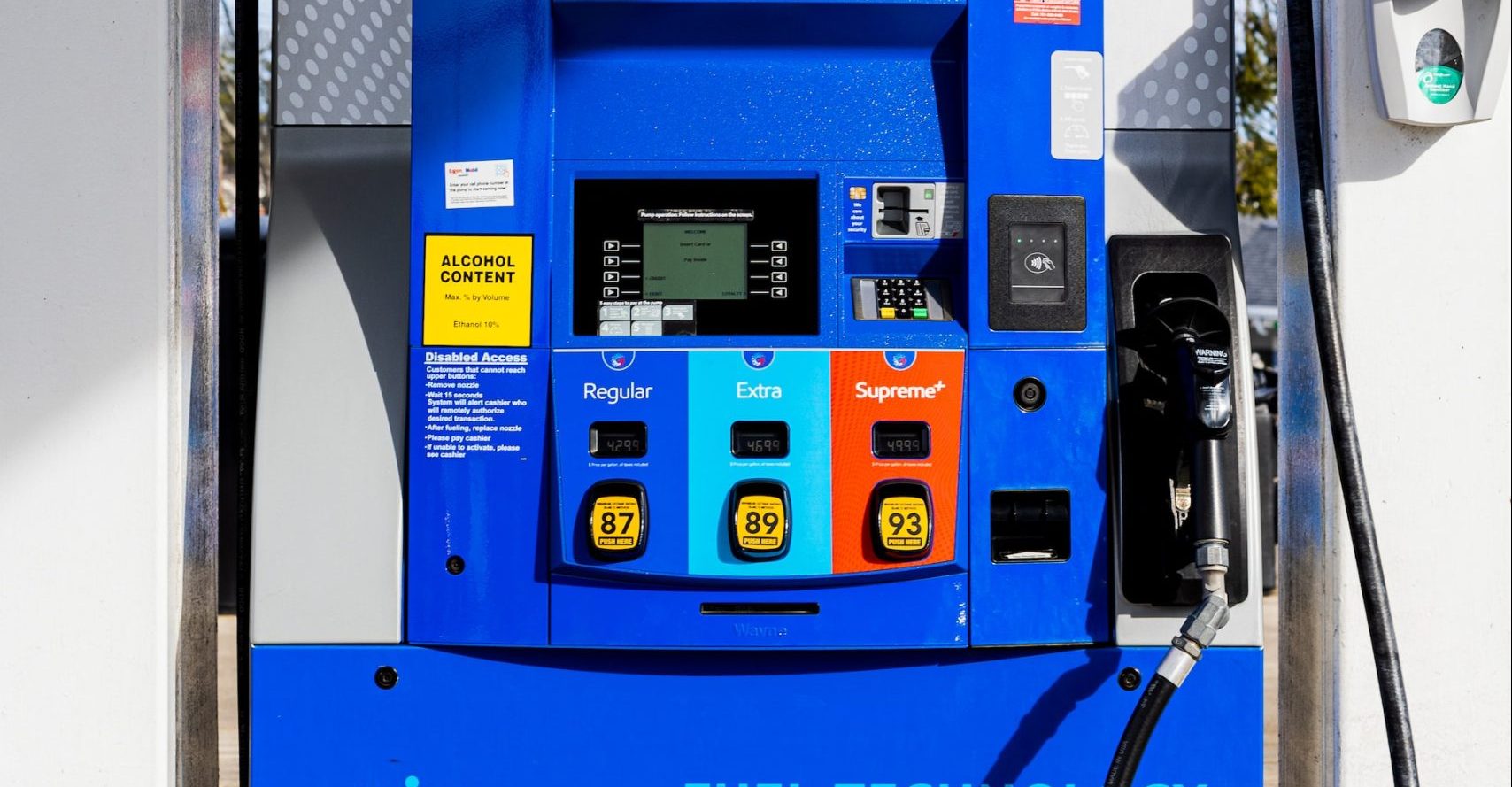When it comes to gasoline, most drivers know that octane rating is an important factor in determining the quality of fuel they should use for their vehicle. The higher the octane rating, the more resistant the fuel is to pre-ignition or knocking, and the smoother the engine runs.

There is often confusion among drivers about whether it is safe or beneficial to use high octane (premium) fuel in a car that is rated for lower octane fuel. Let’s dig deeper into the issue and find the right fuel grade for your car.
Most modern cars are designed to run on low octane fuel
You should always consult your owner’s manual first, for the manufacturer recommended fuel grade and use that information. Some expensive vehicles were specifically designed to use higher octane fuel.
In general, it is not necessary to use premium fuel in a car that is rated for lower octane fuel. Most modern cars are designed to run efficiently on regular unleaded gasoline, which typically has an octane rating of 87.

Using a higher octane fuel than what is recommended by the manufacturer is unlikely to provide any benefits in terms of performance or fuel economy. In fact, using high octane fuel in a car that is not designed for it may even cause harm to the engine.
Urban legends and myths about high octane fuels
One common misconception about high octane fuel is that it provides more power to the engine. This is not necessarily true. The power output of an engine is determined by a variety of factors, including the engine’s design, size, and the quality of the fuel being used.
While premium fuel may improve the engine’s performance under certain conditions, such as high altitude or extreme temperatures, it is not going to make a significant difference in most cases.
Will high octane fuels harm my low octane engine?

Another potential issue with using high octane fuel in a car that is not designed for it is that it can cause damage to the engine over time. High octane fuel is designed to burn more slowly and with more heat than lower octane fuel.
This is why it is necessary in high-performance engines that operate at high temperatures and pressures. Using high octane fuel in a car that is not designed for it can cause carbon build-up in the engine, which can lead to damage or premature wear and tear.
Is high octane fuels a waste of money?
It is important to note that using high octane fuel in a car that is not designed for it can also be a waste of money. High octane fuel is typically more expensive than lower octane fuel, and there is no benefit to using it in a car that is not designed for it.
The difference in price between high and low octane fuels can be significant – especially in areas where the demand is low for expensive grades. You may end up spending more money on fuel over time, as the higher cost of high octane fuel can add up quickly.
In conclusion
Using high octane fuel in a car that is rated for lower octane fuel is generally not recommended. While it may seem like a good idea to use a higher quality fuel in your car, it is unlikely to provide any significant benefits in terms of performance or fuel economy.
Putting high octane fuel in a car that is not designed for it can cause damage to the engine over time and can be a waste of money. If you are unsure about what type of fuel to use for your car, it is always best to consult your owner’s manual or speak with a qualified mechanic.



